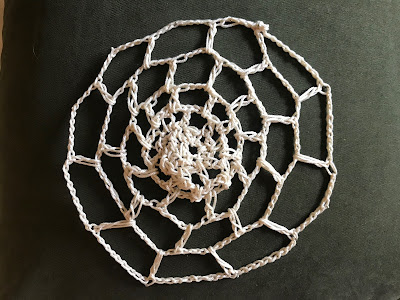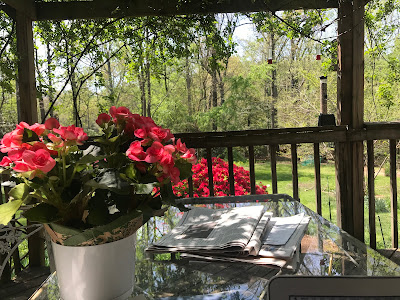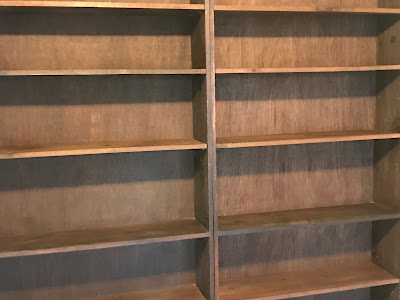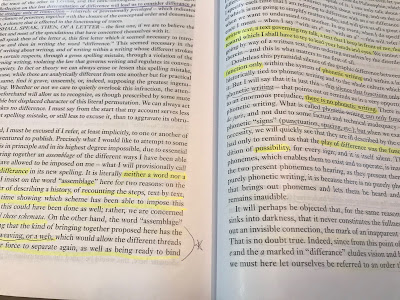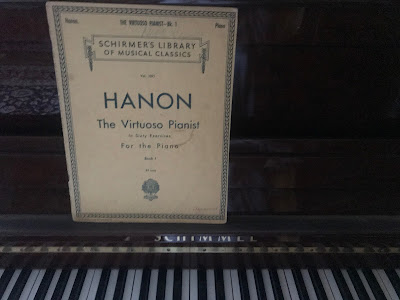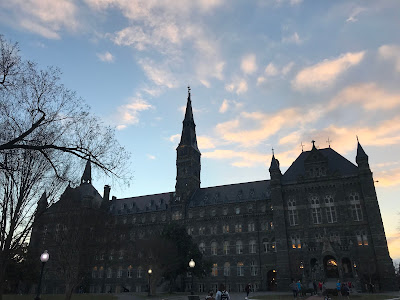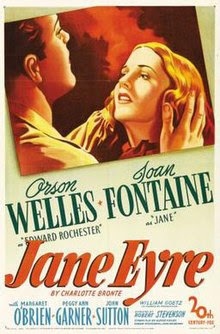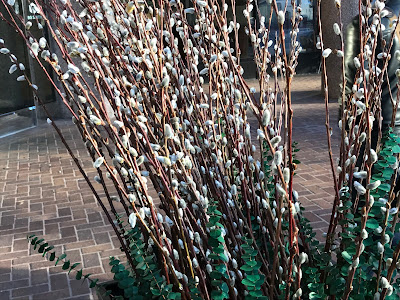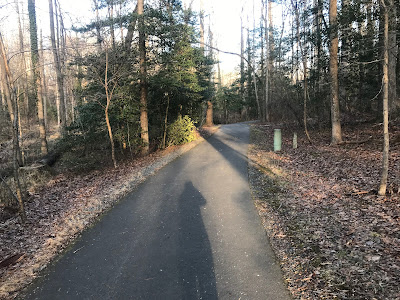One of my final projects for class last semester required making an object. It could be a collage or a photograph or a batch of banana bread, but it had to be something tangible that represented a lesson we had learned or a question we had asked. I crocheted the spider web you see above. Here, in part, is how I explained my choice:
Delicate yet strong, filmy yet adhesive, the filaments of a spider web are both a prism and a killing field. They bend light, make rainbows, reveal themselves from some angles and not others. Humans find them beautiful; insects find them deadly.
In Invisible Cities, Italo Calvino chose the spider web to portray one of his most memorable metropolises: Octavia, a city stretched across a void, made of “ropes and chains and catwalks.” Its inhabitants “know the net will only last so long.” The spider web seemed an apt metaphor for this class; it represents all the impermanent structures we build to make meaning, knowing, even as we construct them, that they are doomed to fall.
I talked about how the class readings were “knotty but precious,” and how the entire project was “deconstructionist” in nature since I frequently found myself ripping out stitches. I ended by mentioning that the word “crochet” comes from the French croche, to hook. I interpreted this “hook” not as a spear but as a net, a way to catch an idea, examine it, then let it go — not pin it down. I’d like to do more of that.

